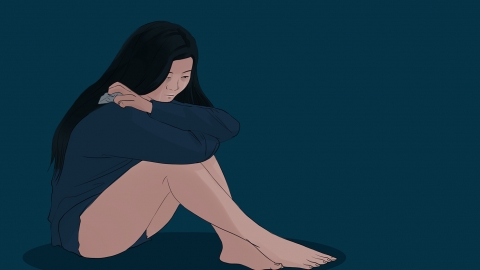Can hypersomnia cause depression?
Narcolepsy itself does not directly cause depression, but there may be some association between the two. The analysis is as follows:

Narcolepsy is a sleep disorder characterized primarily by excessive daytime sleepiness or recurrent, irresistible episodes of drowsiness. It may be caused by multiple factors including psychological factors, lifestyle habits, and genetic predispositions. Depression is a mood disorder mainly manifested by symptoms such as low mood, loss of interest, and reduced energy. It may be triggered by the combined effects of physiological, psychological, and social factors.
Narcolepsy itself does not directly lead to depression; however, severe symptoms of narcolepsy may negatively impact a patient's daily life and work, thereby causing psychological stress and emotional fluctuations. Long-term psychological stress and emotional instability may increase the risk of developing depression. Patients with depression may also exhibit symptoms of hypersomnia. This may be because the physical and mental state of depressed individuals is in a state of fatigue and depletion, leading to decreased energy levels and imbalances in brain neurotransmitter regulation.
In daily life, maintaining good sleep habits, a balanced diet, and appropriate exercise can help improve symptoms of excessive sleepiness and prevent the onset of depression.






